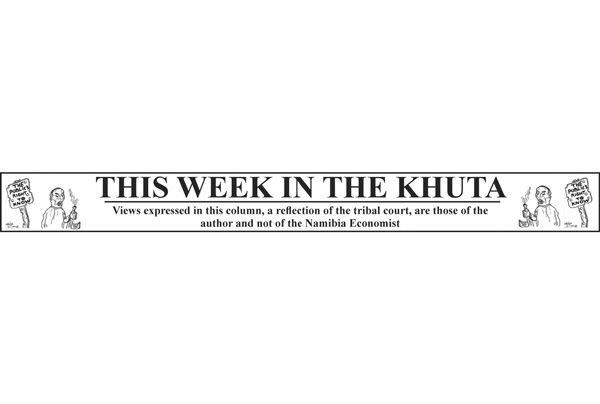
I shop, therefore I am


By Zorena Jantze
[email protected]
A few light years ago I stumbled upon a quote that read,“Desire does not desire satisfaction, it desires desire”. At first I was mind boggled by the phrase, I couldn’t quite grasp the meaning of it until I observed our human habits of consumerism as our needs for material possessions are insatiable.
I say this because I have strolled through town square after the end of the month or pay-day in general, when the escalators, shops and passages are filled with masses of toddlers, teenagers and adults or just humans in general. Everyone has a dazed expression as they are lost in the trance of capitalism waiting to purchase the newest edition of their iphone, Samsung series, or a bigger HD Flat screen TV because they’re television at home doesn’t seem big enough anymore.
However, I can’t seem to blame our social era because the media perpetuates our need to spend, (yes, I am blaming my own profession). People wake up in the morning and turn the radio on which plays multitudes of adverts, they drive through town and that billboard of All Star sneakers glares at them. Thus we start to desire all these material possessions sub-consciously. I would say our purpose of existence in large towns and cities start to revolve around the need to acquire more material wealth because we believe we will become forfilled or happier.
Negating these notion, psychological studies actually find that people with strong materialistic values appear to have goal orientations that may lead to poorer well-being which can promote unhappiness as it takes time away from the things that can nurture happiness, including relationships with family and friends.
This is especially sad as people become caught in a vicious cycle as products lose their appeal long before they actually wear out resulting in our generation growing up without knowing what quality goods are. Friendship, family ties and personal relationships are increasing being used for gift giving. Everything becomes mediated through the spending of money on goods and services. Human beings who cannot spend become worthless in some way in a capitalistic society.
Furthermore, our spending habits don’t only affect our personal lives, but can also have detrimental effects on the environment. Most of our environmental issues today are linked to consumption, we purchase so many products without the need for them, they eventually start lying around in the house which leads to a”throw away” mentality. Therefore our resources and ecosystems become depleted. The clichéd ‘reduce, re-use & re-cycle’ signs tell tales of the earth’s resources and environment withering away over time.
Thus the next time you wish to purchase the newest version of your phone, or those brand new shoes, although your closet might be filled to the brim already. Ask yourself, ‘will my desire for this really be satisfied, or will it make me desire something more once I’ve acquired it?’










































